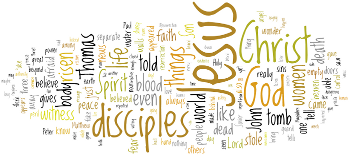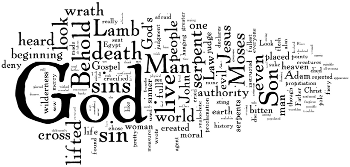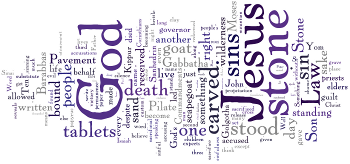Misericordias Domini
John 10:11-16
“[A] hireling, he who is not the shepherd, one who does not own the sheep, sees the wolf coming and leaves the sheep and flees; and the wolf catches the sheep and scatters them.”
It’s appropriate, in an ironic way, that this Sunday, Good Shepherd Sunday, falls on the Sunday following Call Day at the two LCMS seminaries. This past week, men who have spent nearly 4 years preparing to become pastors learned where they would first be entering the Holy Ministry. Seminary professors and members of the council of presidents probably told them to emulate the Good Shepherd in their impending ministry, perhaps even including laying down their lives for the sheep.
It’s appropriate, in an ironic way, because the predilection for these men, as it has been for pastors since Adam, is to be more like the hireling than the Good Shepherd. The sheep are under constant barrage from the wolf, and sometimes those wolves are in sheep’s clothing. These pastors are charged with defending their flocks from the attacks of the wolf. For someone so new in the office—even despite the preparation from the Lord’s Church and Jesus Himself—this is no easy task; it’s no easy task for any shepherd of a local flock, but time does give him some other tools and wisdom with which to combat the foe in the name of Jesus Christ.
You see, that foe, the wolf is always attacking the flock, and his attacks come from without and within.


 WebKit Layout Engine Browser) on UNKNOWN. Your IP address is 18.117.8.6. For more information on the useragent information,
WebKit Layout Engine Browser) on UNKNOWN. Your IP address is 18.117.8.6. For more information on the useragent information, 















